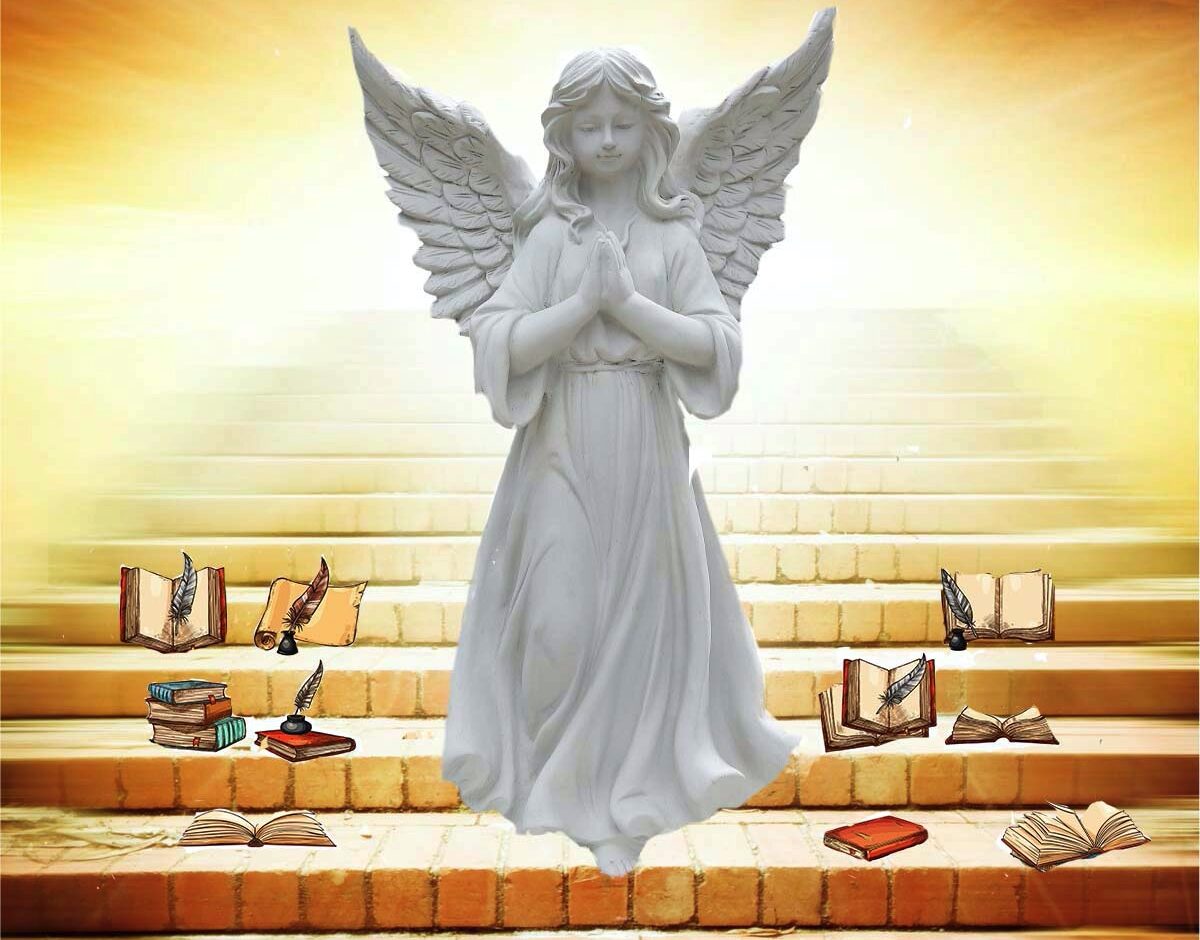Music, the universal language. The many genres of music speak to the heart in a way almost no words can. Music gives an added layer of meaning, an added dimension, to almost every situation whether it’s time alone, a social occasion, or watching a movie or a tv show. It has the power to heighten the level of engagement and awareness in all of these and many more activities.
Down through the ages, worship and prayer through music hold a sacred place in our shared humanity. Every culture, religion, tradition has its rich and varied melodic textures and instruments that evoke a state of worship and prayer in the hearts of Believers all over the world. During the first millineum after the life of Christ, the beginnings of what we consider to be Western music developed into a form of sacred music known as Gregorian chant. It was named after Pope Gregory I, the 6th century Pope who was responsible for having the beautiful melodies collected and codified. Notably it was also Gregory I who helped to strengthen the legacy of St Augustine, the great 4th/5th century Western theologian and philosopher. By the latter part of the first millineum after the life of Christ, Gregorian chant had taken its place in the liturgical music of the Roman Catholic Church.

Following is a modern take on the solemn and somewhat austere Gregorian chant of the distant past. It takes the form of a Kyrie Eleison, Christe Eleison, which in the Latin means “Lord have mercy, Christ have mercy”. For those who aren’t as familiar with the early form of the chant, there were no female voices, nor was there any instrumental accompaniment. This modern version has both.

